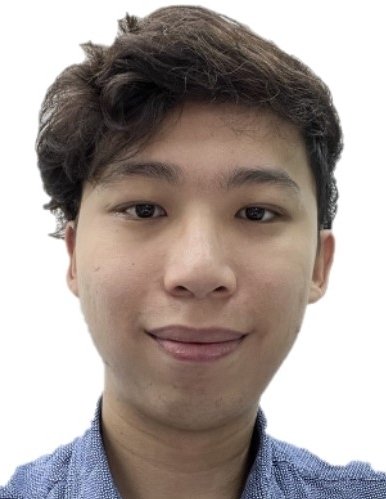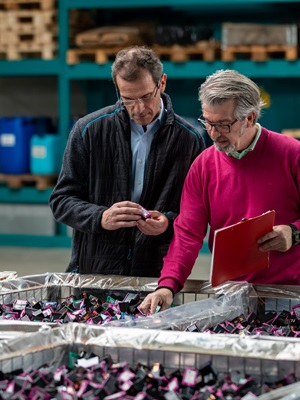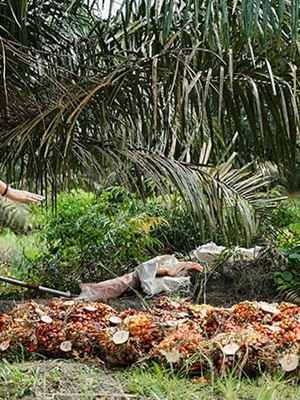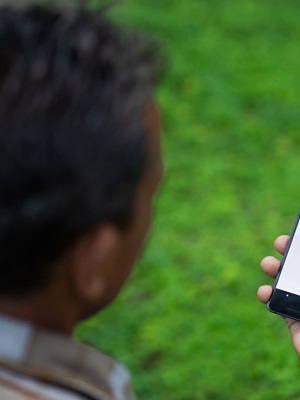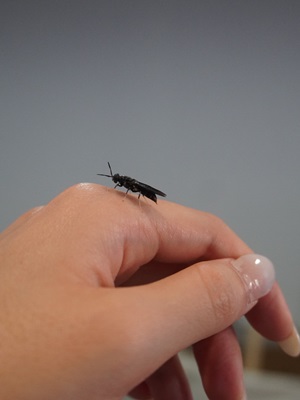Introduction
Disease outbreaks in aquaculture have significant economic and environmental implications. According to the World Bank (2014), diseases result in an estimated annual economic impact of USD$6 billion globally. As the world increasingly relies on aquaculture to meet seafood demands and combat declining fish populations, it becomes crucial to address disease management effectively.
The economic costs associated with disease outbreaks in aquaculture present a major challenge. These costs include losses from reduced production, increased mortality, treatment expenses, and trade restrictions imposed due to disease outbreaks (FAO, 2021). Consequently, finding effective disease management solutions is essential to mitigate these economic losses and promote the sustainability of the aquaculture industry.
Current Challenges and Limitations of Reactive Solutions
Existing solutions for disease management in aquaculture largely rely on reactive measures such as the use of antibiotics, chemicals, and vaccines. However, these solutions have several limitations. Commercial vaccines for aquatic species are limited in availability or require farmers to go through cumbersome government processes to obtain licensing. The cost of vaccines often outweighs the expenses associated with disease outbreaks, making their widespread use economically unviable for many farmers. Additionally, the timing of administering vaccines, antibiotics, and chemicals is crucial for their effectiveness, and delays or improper application can render them less useful in controlling outbreaks.
Importance of Preventive Approach
A preventive approach to disease management in aquaculture is vital for several reasons. Firstly, prevention is more effective than controlling and managing disease outbreaks. A study by Alderman and Hastings (2004) analyzed the effectiveness of various disease management strategies and found that preventive measures were more cost-effective and environmentally friendly compared to reactive approaches. By proactively addressing disease risk factors, such as optimizing water quality, maintaining appropriate stocking densities, and implementing biosecurity measures, the likelihood of disease outbreaks can be significantly reduced.
Sustainable Seafood Production: Aquaculture plays a crucial role in meeting the increasing demand for seafood, as it currently supplies approximately 50% of all seafood consumed by humans (FAO, 2020). With declining fish populations in oceans and seas, sustainable farming practices are essential to ensure long-term seafood production. Implementing preventive measures in aquaculture can help minimize the reliance on capturing wild fish stocks and mitigate the environmental impacts associated with overfishing. By maintaining optimal water quality, managing disease risks, and promoting overall fish and shrimp health, aquaculture can continue to expand and provide a reliable source of seafood without further depleting natural fish stocks.
About United Aquatech
United Aquatech is a jointed venture between UAL and Sharat Industries, formed with the goal of finding a solution to aquafarming without the use of antibiotics and chemicals. Sharat Industries is one of the largest shrimp farms in the country of India, located on the coast of Bay of Bengal. This partnership is made possible as both companies share a common goal to place a strong emphasis on sustainable and environmentally friendly shrimp farming operations. We also share the same strong beliefs that with a combination of modern technology, good quality shrimp can be produced free from antibiotics.
UAL Solution
UAL proposes a solution that addresses the limitations of current reactive approaches. In terms of water management, UAL utilizes a combination of two organic products that are not harmful to fish or shrimp. These products effectively control the growth of pathogens in the water while also breaking down sludge at the bottom of the pond into fertilizer and nutrients. This approach helps maintain optimal water quality, preventing the accumulation of toxic substances such as ammonia, nitrate, and carbon dioxide, which can be harmful to fish, shrimp, and the surrounding environment.
In disease management, UAL focuses on maintaining the mucosa in the gut to control specific pathogens. Research suggests that the mucosal immune system plays a crucial role in the defense against diseases in aquatic organisms. By maintaining the health of the gut mucosa, UAL's approach helps control specific pathogens while also promoting the growth of beneficial gut microflora. This approach is supported by studies that have demonstrated the importance of gut health and microbiota in enhancing disease resistance in aquaculture species.
UAL products incorporated in the livestock feed aim to see a significant reduction in disease incidence and mortality rates compared to traditional reactive approaches, resulting in a positive impact of UAL's approach on overall shrimp health, growth performance, and immune response.
UAL's preventive approach are lower overall costs to the farmers and generally resulted in higher economic returns compared to reactive strategies. This supports the notion that preventive measures using UAL products are more economically viable and sustainable in the long term.
Contributions of UAL products to the industry
Preventive approaches to disease management in aquaculture are crucial for minimizing economic losses and ensuring sustainable seafood production yet the aquaculture industry has yet to find a viable commercially available solution. The economic impact of disease outbreaks in aquaculture is significant, emphasizing the need for effective solutions. Current reactive measures have limitations in terms of availability, cost, and timing of application. This is where UAL’s innovative biotechnology fits in. Our disruptive technology not only efficiently solves these issues that has plagued the aquaculture industry for decades, but they are also organic in nature and promote chemical-free farming which is healthier for both the livestock and consumers. UAL offers a more effective and sustainable strategy to tackle this issue by focusing on water management and maintaining gut mucosal health, has shown promising results in reducing disease incidence, improving overall fish and shrimp health, and providing economic benefits.
In the year 2022, the initiative enabled the production of 250 tonnes of antibiotic and chemical-free shrimps. This was served as a testament as well as motivation for both UAL and the aquaculture community that by adopting preventive measures, the aquaculture industry can mitigate disease risks, promote sustainable seafood production, and contribute to the conservation of marine ecosystems.
Posted 11/09/2023



